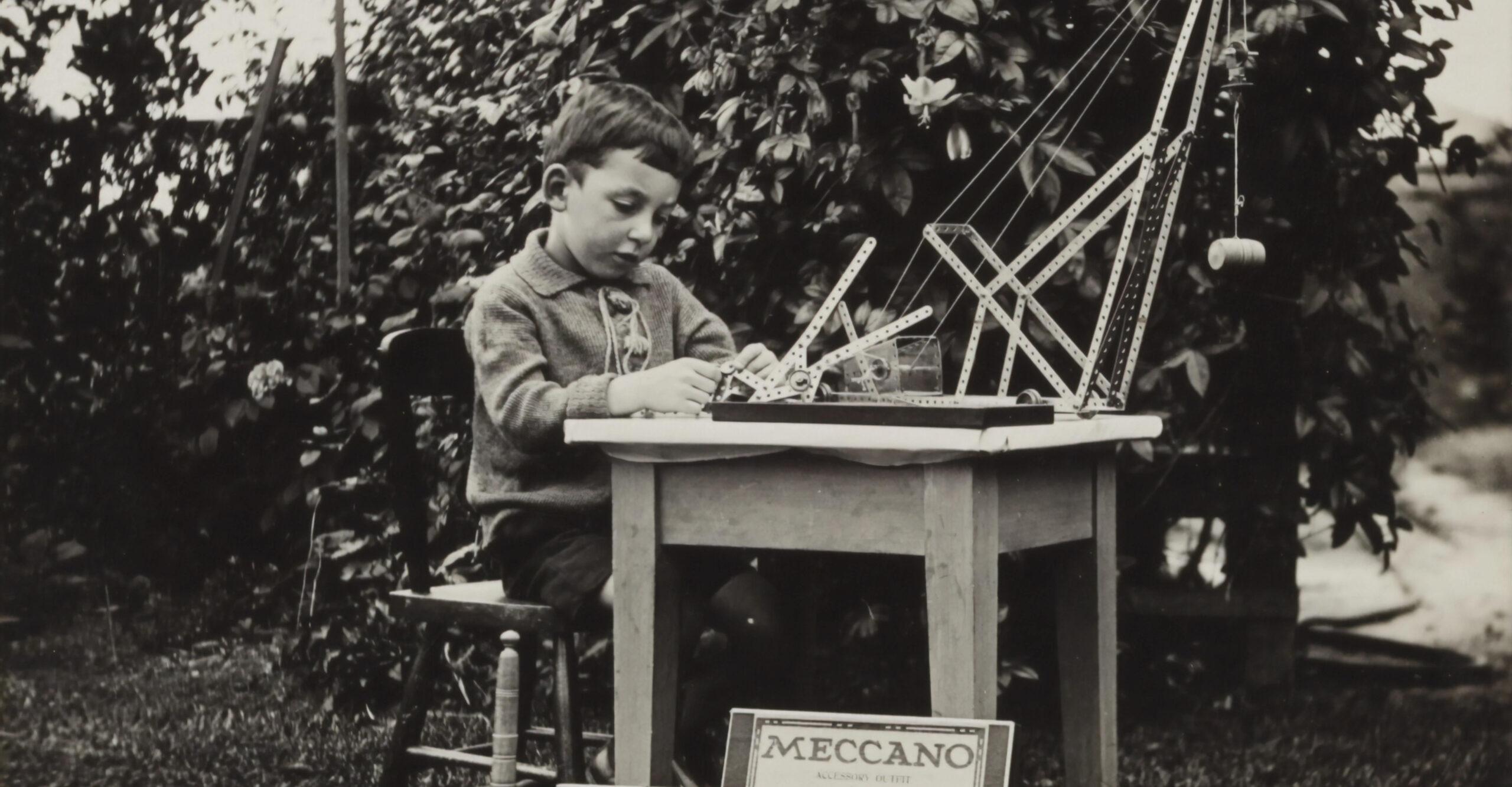“The natural consequence of breaking something is that you have a broken thing. What happens after that is something someone or other decides. Describing making the child pay as a ‘natural consequence’ is at best misleading.”
– Sarah Fitz-Claridge
From the archives: The original post was posted on 16th January 1996
“I’ll play devil’s advocate here and tell you how I see it, and I believe this is also how our ubiquitous Taking Children Seriously mentor would as well …
We teach our children to have respect for others and the property of others.”
Agreed.
“The natural consequence of breaking something belonging to someone else is that it should be replaced.”
I disagree. The natural consequence of breaking something is that you have a broken thing. What happens after that is something someone or other decides. Describing making the child pay as a “natural consequence” is at best misleading. If I had a child who broke something of someone else’s, I’d offer to replace it. I would certainly not impose any sanction of any description on the child. The child would have made a mistake, not done it on purpose. I see no value whatsoever in punishing the child by making him pay for it. The child can see he has made a mistake! He does not need to have his face rubbed in it to refute the theory he was testing—it is already refuted.
Unless you have somehow managed to avoid teaching your child the idea that one should replace or pay for the thing if one breaks it, he will already hold that theory; and if he has access to the family money, it is highly likely that he will offer to pay anyway. But since most parents use money for leverage in controlling their children, children rarely have any access to the family money, let alone unlimited access.
Thinking that children must be Taught A Lesson by withholding money or whatever, in order to “help” them to realise their Sin is a mistake. This idea is based upon a mistaken idea of how human beings learn and a mistaken idea of knowledge. Making the child pay is punishment. That is how the child will experience it. OTOH, if the child offers to pay out of his own or the family’s lucrative funds (and assuming that this is a genuine, freely-arrived-at idea on his part) then fine. But that will not be the case in most families, for the reason I gave above.
If a child is deliberately acting to upset other people—by breaking their things for example—one must ask why. I cannot imagine a non-coerced child doing that. If a child of mine were to do that, I’d be thinking “Oh, what have I done to this child?” Now I know that will irritate you all, but look at it this way: if it were the case that a child had reacted badly to some coercion on my part or something, how would I ever know that, except by considering the possibility in the first place? That is why I’d be thinking like that. Not because I doubt that the child has his own free will.
See also:
- “What if my child wants to buy every toy in the shop, and does not consult me?”
- Fake choices and other covert coercion advocated in Kids Are Worth It
- Rival theories about early walking and talking
Sarah Fitz-Claridge, 1996, ‘Punishing children using so-called natural consequences’, https://takingchildrenseriously.com/punishing-children-using-so-called-natural-consequences
